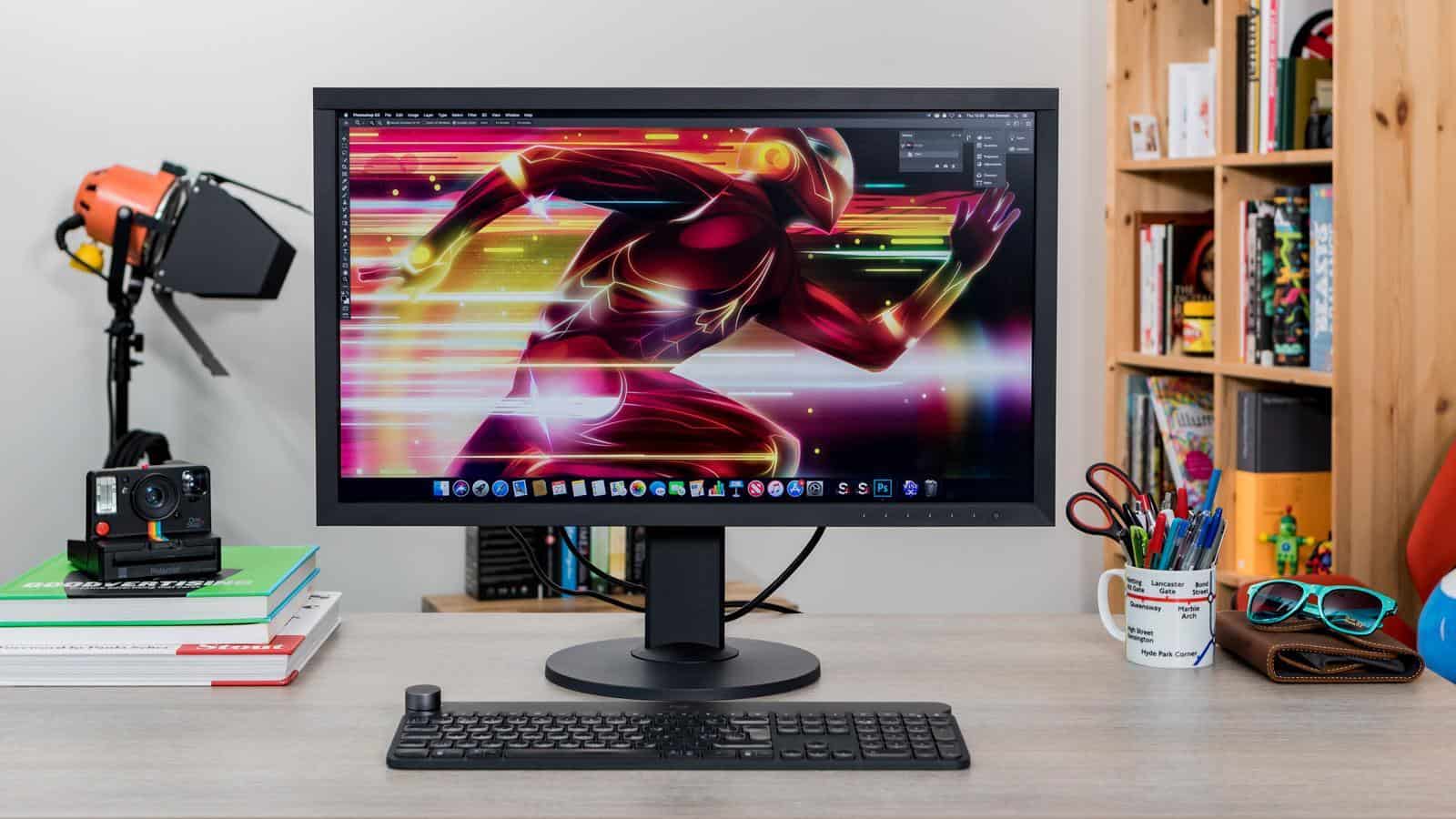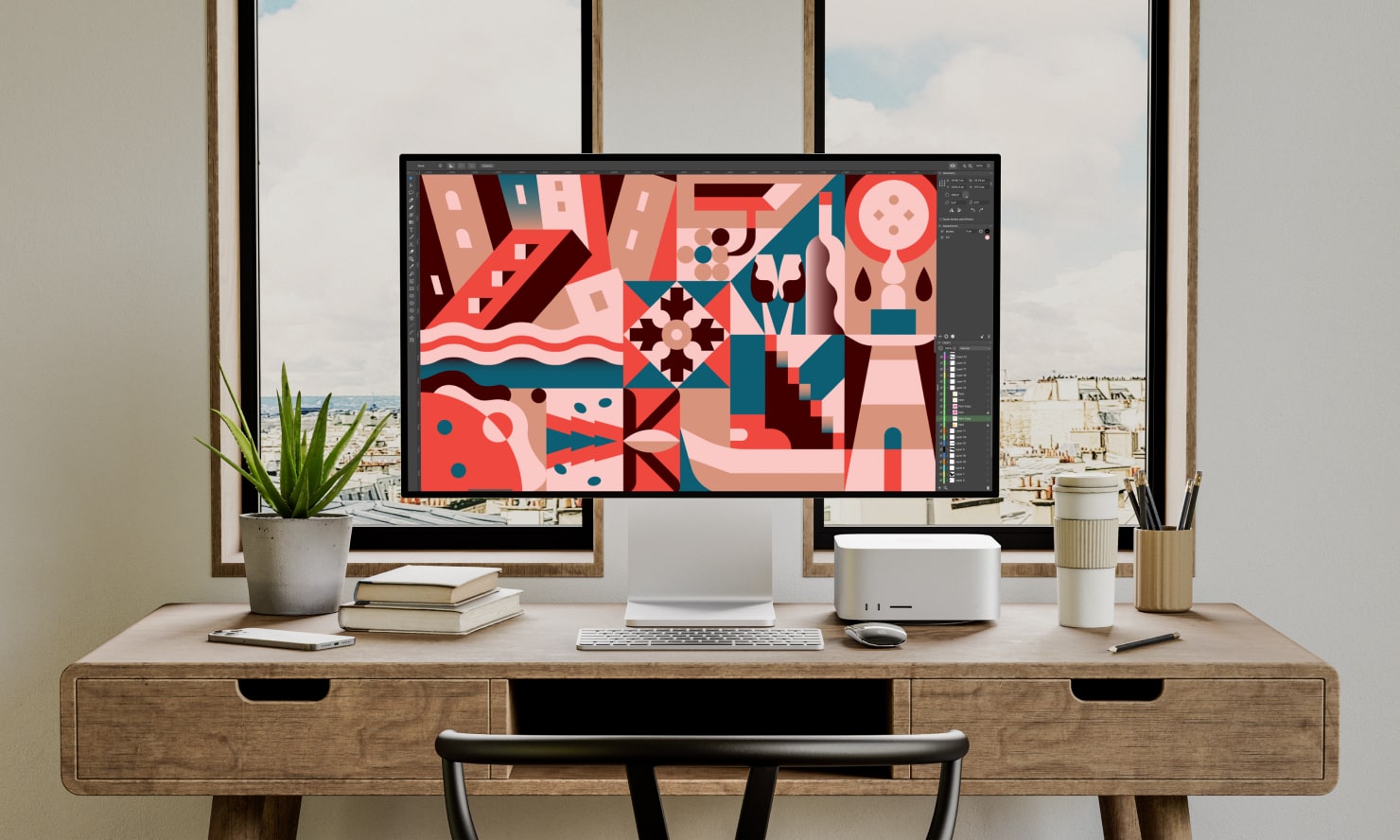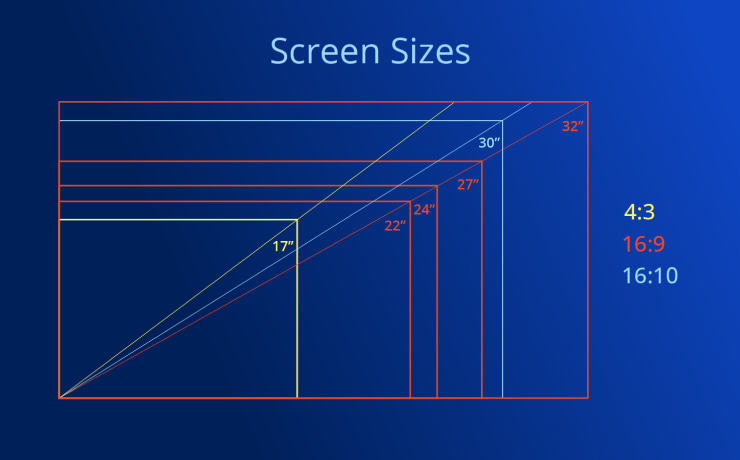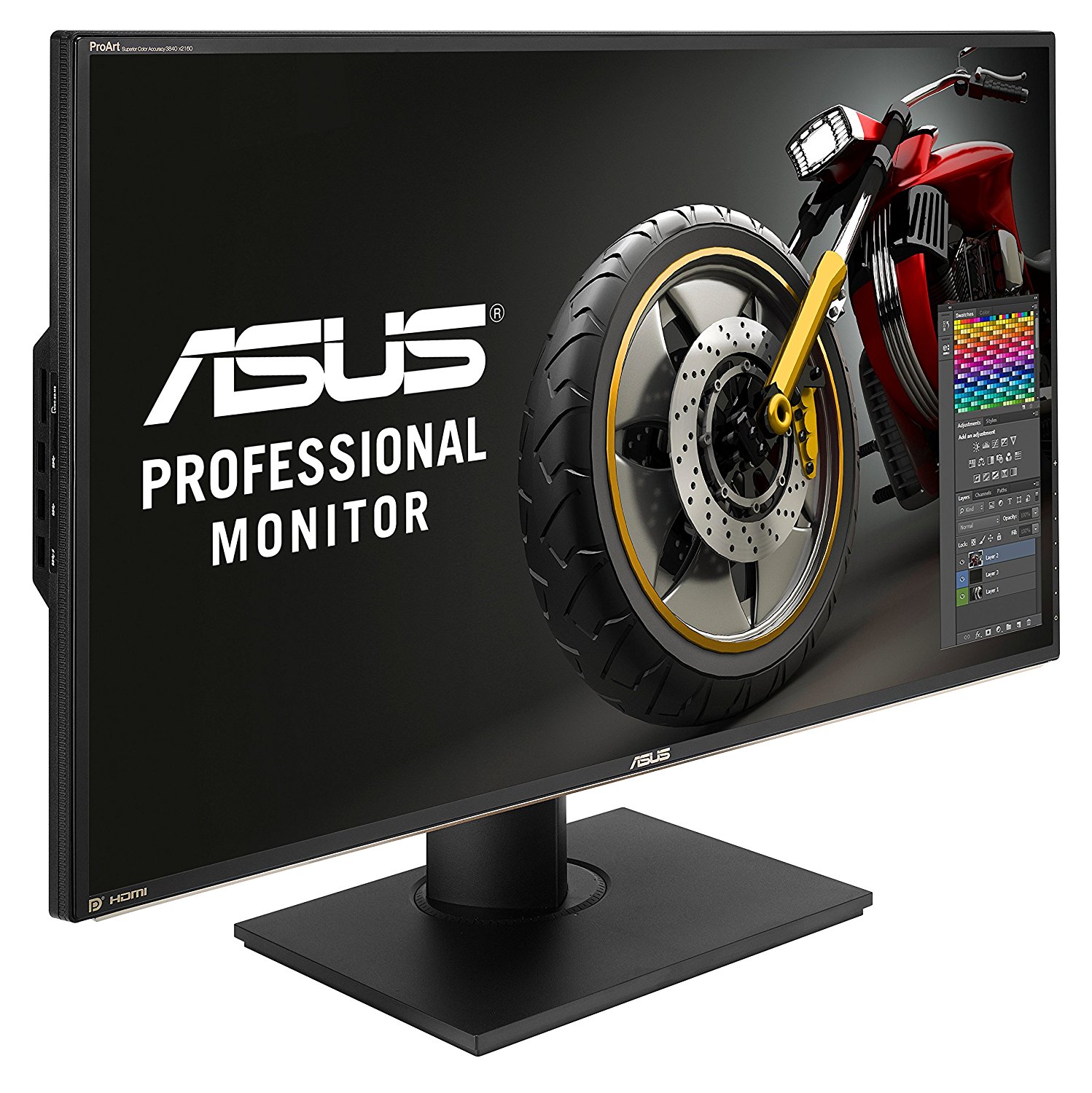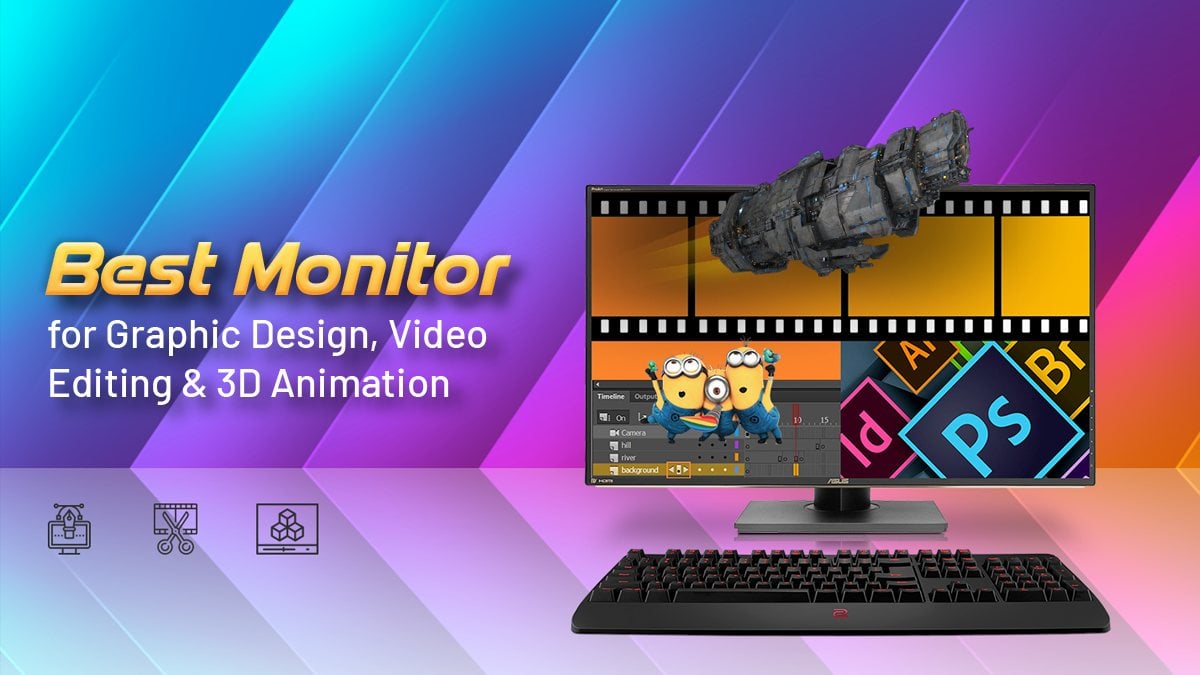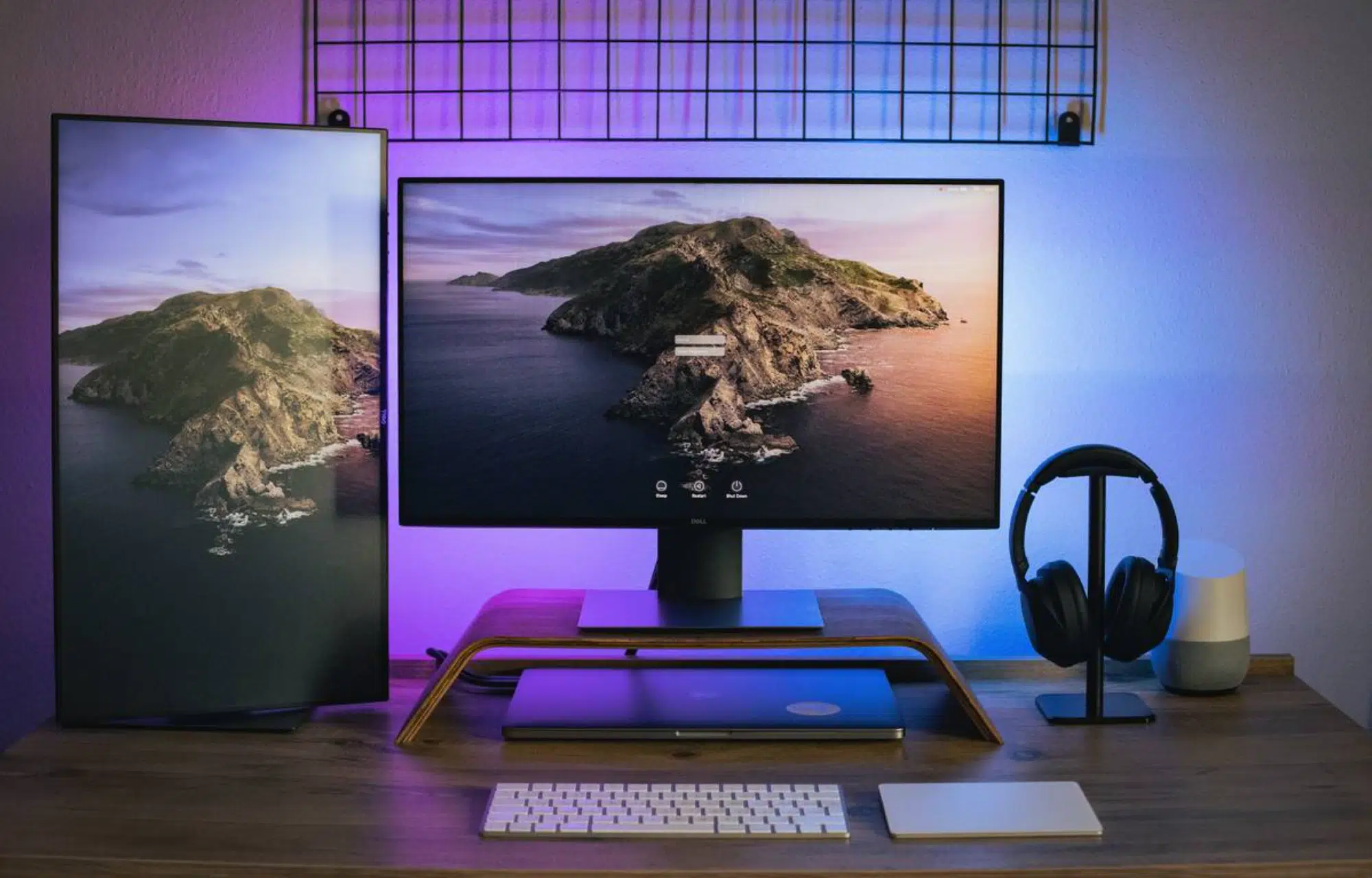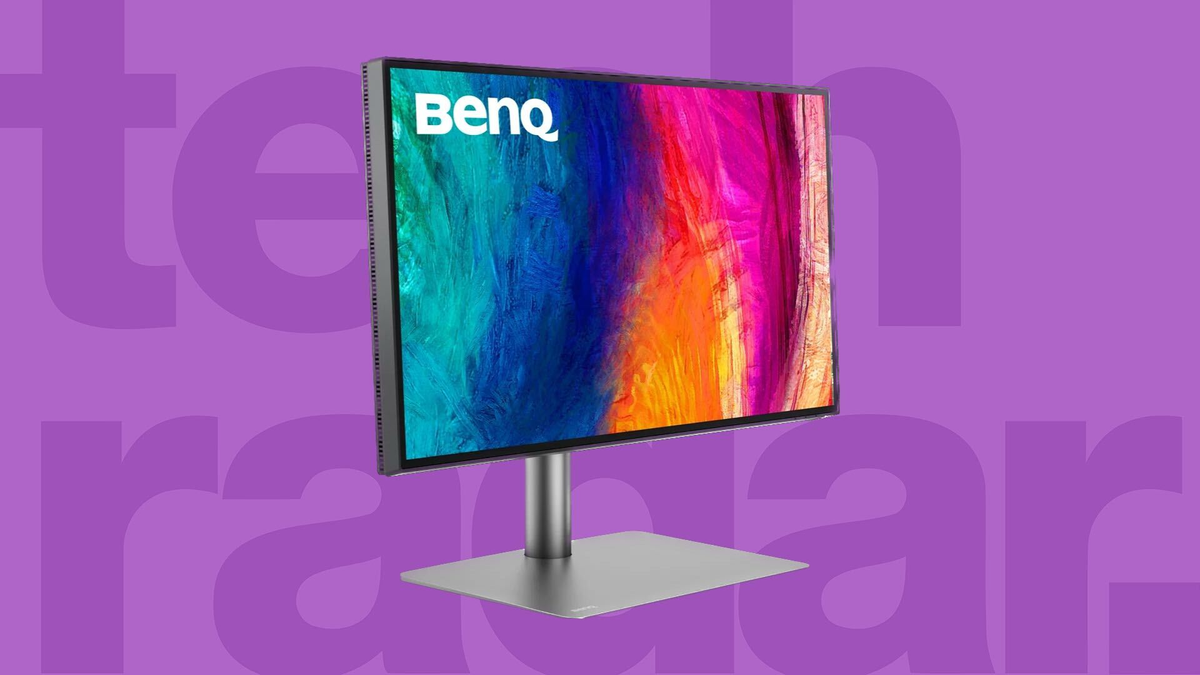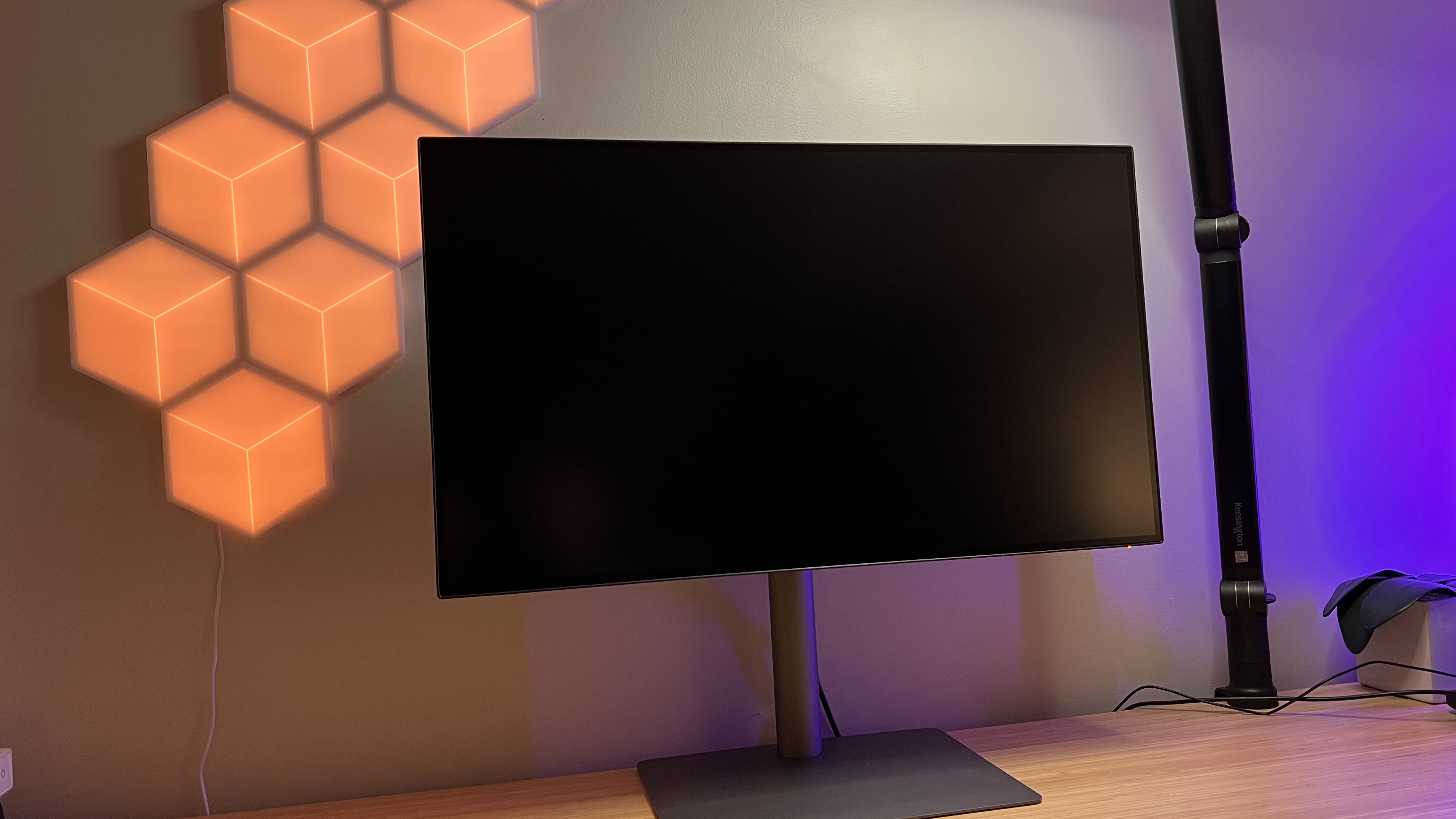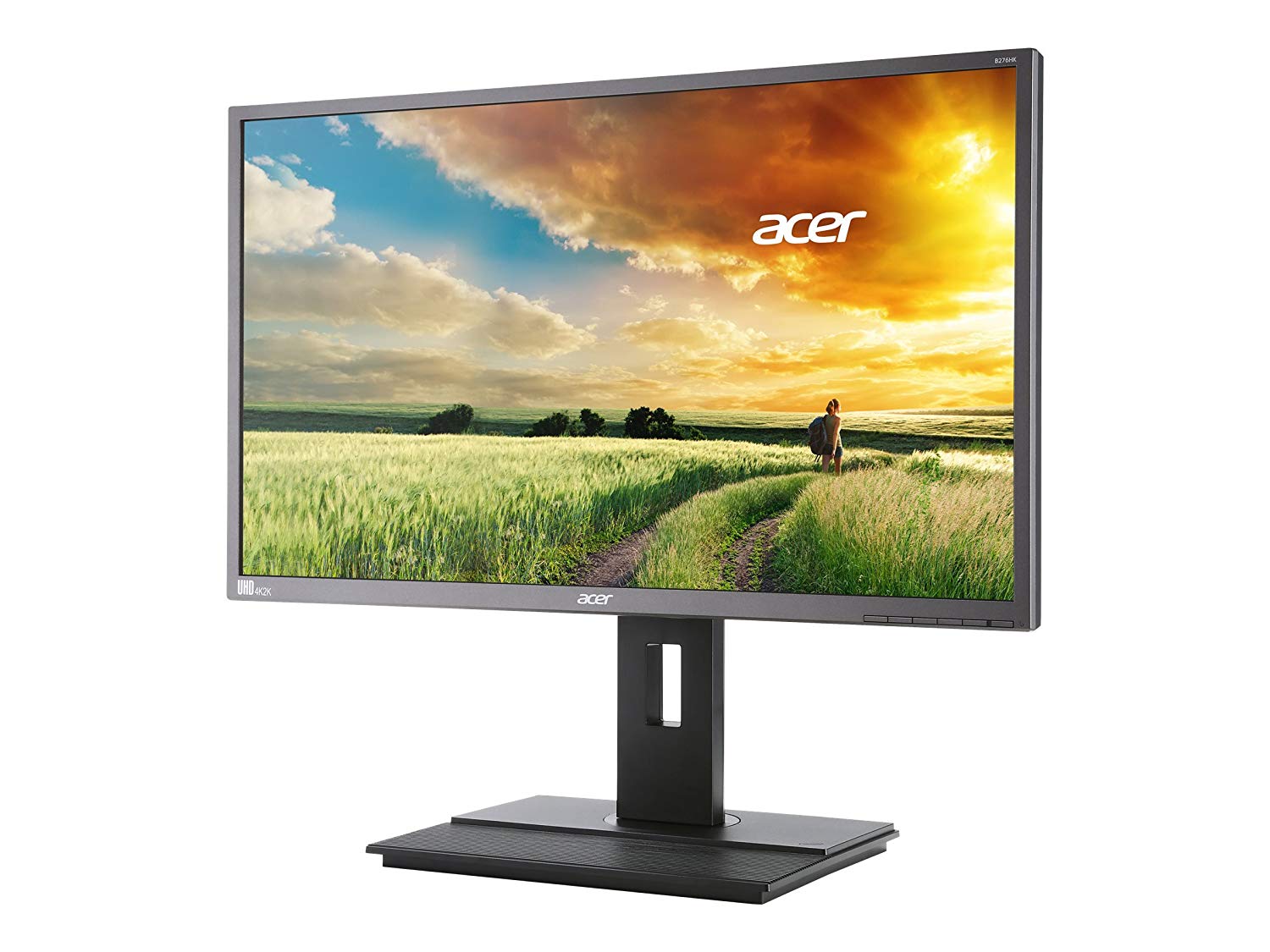Best Monitor Size For Graphic Design
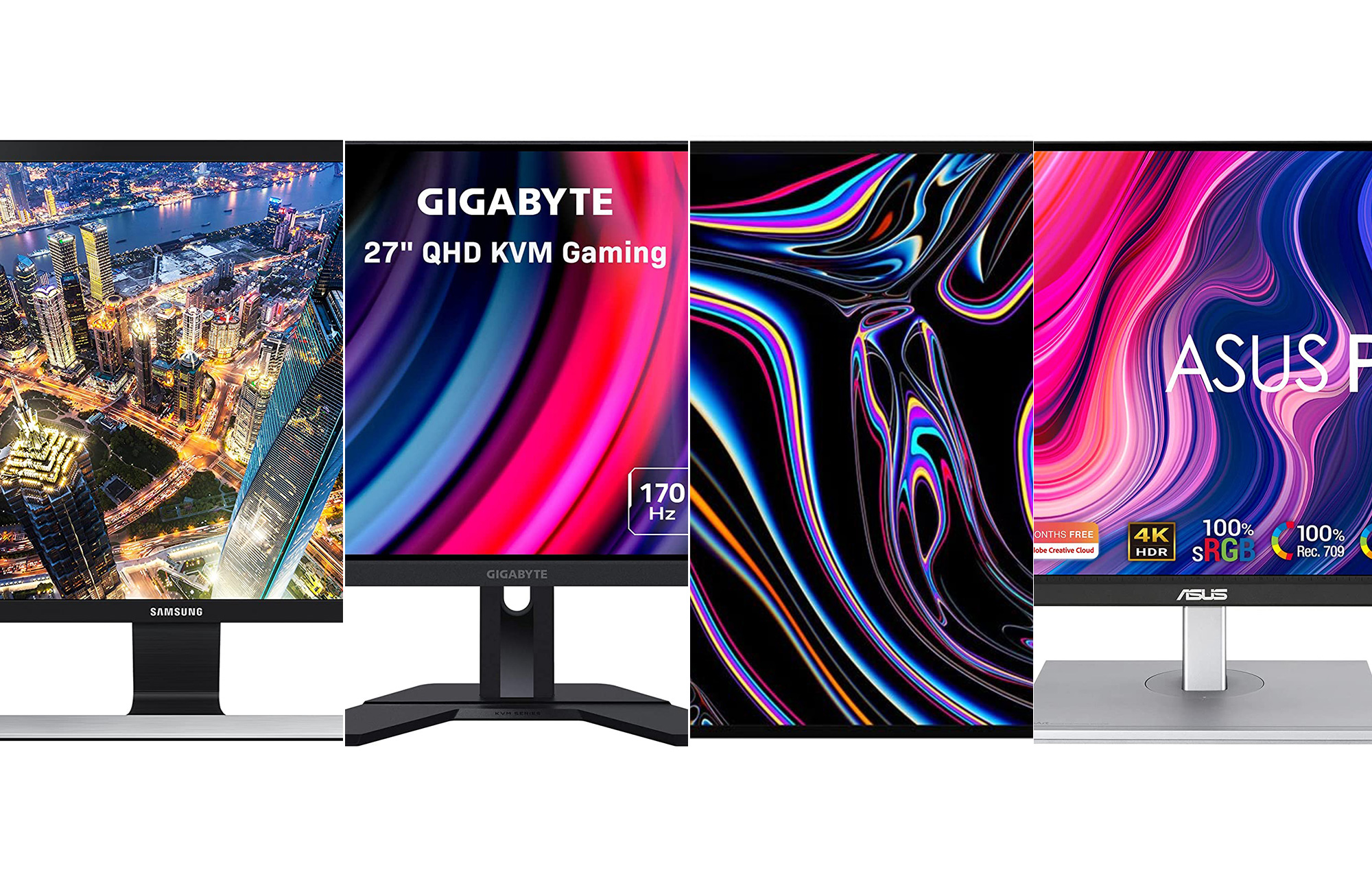
For graphic designers, the monitor isn't just a display; it's the canvas where creativity takes shape. Choosing the right size can significantly impact workflow, accuracy, and even long-term comfort. This article dives deep into the optimal monitor size for graphic design, balancing screen real estate with budget considerations, targeting value-conscious shoppers looking to maximize their investment.
Why Monitor Size Matters for Graphic Design
The right monitor size directly affects your ability to manage multiple applications and tool palettes simultaneously. A larger screen offers more space for detailed work, reducing the need for constant zooming and scrolling. This increased efficiency translates into faster project completion and a more enjoyable design process.
Moreover, an appropriately sized monitor can improve ergonomic comfort. Reduced eye strain and neck fatigue contribute to better overall well-being, leading to increased productivity and fewer health-related issues down the line.
Practical Considerations Before You Buy
Before jumping into specific recommendations, assess your workspace. Measure the available desk space to ensure the monitor will fit comfortably, allowing for adequate viewing distance. Consider the monitor's adjustability features, such as height, tilt, and swivel, to optimize your viewing angle and minimize strain.
Also, think about your primary design software and typical workflow. Designers working with complex layouts or video editing may benefit from larger screens, while those focused on smaller-scale projects might find a mid-sized monitor sufficient.
Recommended Monitor Sizes
Generally, the sweet spot for graphic design monitors lies between 27 and 32 inches. These sizes offer a good balance between screen real estate, pixel density, and affordability. Larger monitors (34 inches and above) can be excellent for multitasking but may strain your neck if not positioned correctly.
A dual-monitor setup is another viable option. Two 24-inch or 27-inch monitors can provide ample workspace and improved multitasking capabilities.
Shortlist of Recommended Monitors (Value-Conscious)
- Best Budget Pick: ViewSonic VP2768a - Known for color accuracy at a reasonable price.
- Best Mid-Range: BenQ PD2700U - A popular choice offering 4K resolution and excellent color performance.
- Best Premium: LG 32UN880-B Ergo - Combines a large 4K display with an ergonomic stand for ultimate comfort.
Detailed Reviews
ViewSonic VP2768a
The ViewSonic VP2768a is a 27-inch monitor offering impressive color accuracy at an attractive price point. It covers 100% of the sRGB color gamut, making it suitable for web design and general graphic design tasks. The monitor's ergonomic stand allows for height, tilt, swivel, and pivot adjustments, ensuring comfortable viewing for extended periods.
"The ViewSonic VP2768a delivers exceptional value for money, providing accurate colors and a comfortable viewing experience."
BenQ PD2700U
The BenQ PD2700U is a 27-inch 4K monitor designed specifically for designers. It boasts 10-bit color depth and covers 100% of the sRGB and Rec. 709 color spaces. This monitor offers various display modes tailored for different design tasks, such as CAD/CAM, Animation, and Darkroom. Its intelligent features, like Brightness Intelligence Technology, automatically adjust the screen brightness based on ambient light, reducing eye strain.
"The BenQ PD2700U is a well-rounded monitor that provides excellent image quality, versatile features, and comfortable ergonomics."
LG 32UN880-B Ergo
The LG 32UN880-B Ergo is a 32-inch 4K monitor that prioritizes both image quality and ergonomics. Its IPS panel delivers wide viewing angles and accurate colors, covering 95% of the DCI-P3 color gamut. The monitor's unique Ergo stand allows for a wide range of adjustments, including height, tilt, swivel, and even extension and retraction. This flexibility allows you to position the monitor perfectly for any task, minimizing strain and maximizing comfort.
"The LG 32UN880-B Ergo is a premium monitor that offers exceptional image quality, unmatched ergonomic flexibility, and a clutter-free design."
Side-by-Side Specs Table with Performance Scores
| Monitor | Size | Resolution | Color Gamut | Ergonomics | Price | Overall Score (Out of 10) |
|---|---|---|---|---|---|---|
| ViewSonic VP2768a | 27-inch | 1440p | 100% sRGB | Excellent | $$ | 8.5 |
| BenQ PD2700U | 27-inch | 4K | 100% sRGB, Rec. 709 | Excellent | $$$ | 9.0 |
| LG 32UN880-B Ergo | 32-inch | 4K | 95% DCI-P3 | Unmatched | $$$$ | 9.5 |
Price Key:
$: Under $300
$$: $300 - $500
$$$: $500 - $700
$$$$: Over $700
Summarizing Your Choice
Choosing the best monitor size for graphic design is a balancing act between screen real estate, resolution, color accuracy, ergonomics, and budget. A 27-inch to 32-inch monitor generally provides the optimal balance for most designers. Remember to consider your specific workflow, desk space, and budget when making your final decision.
Prioritize color accuracy and ergonomic adjustability to ensure a comfortable and productive design experience. A well-chosen monitor is an investment that will pay off in improved efficiency and reduced strain.
Ready to Upgrade Your Design Setup?
Take the next step and research the monitors discussed in this article. Visit the manufacturers' websites or read user reviews to gather more information. Invest in a monitor that meets your specific needs and budget, and watch your creativity flourish!
Frequently Asked Questions (FAQ)
Q: Is a 4K monitor necessary for graphic design?
A: While not strictly necessary, a 4K monitor offers increased sharpness and detail, especially beneficial for intricate design work. However, a 1440p monitor can still provide excellent image quality at a lower price point.
Q: Does monitor size affect color accuracy?
A: Monitor size itself doesn't directly affect color accuracy. Color accuracy depends on the panel technology and calibration of the monitor. However, larger monitors may have more inconsistencies across the screen if they are not high quality.
Q: What is the ideal viewing distance for a 27-inch monitor?
A: The ideal viewing distance for a 27-inch monitor is typically between 2.5 to 3 feet. This distance allows you to see the entire screen comfortably without straining your eyes.
Q: Is a curved monitor good for graphic design?
A: Curved monitors can provide a more immersive experience and may reduce eye strain. However, they can also distort straight lines, which can be problematic for certain types of graphic design. It's a matter of personal preference and the type of design work you do.
Q: How important is the refresh rate for graphic design?
A: Refresh rate is not as crucial for graphic design as it is for gaming. A standard 60Hz refresh rate is generally sufficient for design tasks. Higher refresh rates (120Hz or 144Hz) may provide a smoother experience, but the difference is often negligible for design work.
